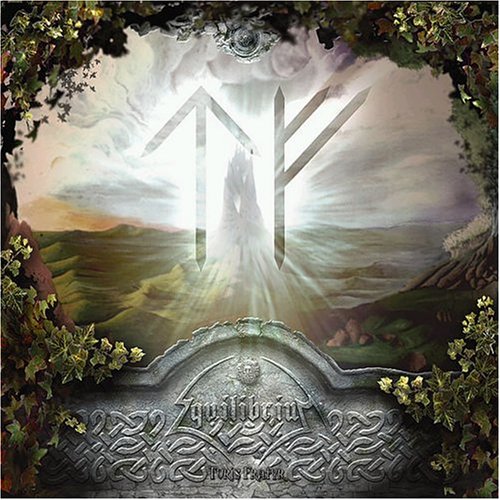
For most of its existence humanity was destined to be content with the status quo. This was either because early humans, like their predecessors, lacked the drive or the immediate pressure for ongoing invention and advancement or because the prevailing leadership kept their people largely ignorant of their potential for such advancement. Advancement as we know it is a recent phenomenon, however much it seems to be innately tied with the essence of our humanity. We simply can not imagine a status quo.
But indeed, our ongoing advancement equally stems from need: population pressures, environmental pressures and many other – related – issues which can only be resolved when humanity presses forward in its technology and in its institutional framework for peace and prosperity of our world’s population. There is no choice but to go ahead, the alternative being the certain collapse of our civilization.
But the current leadership of our world seems to experience great difficulty in articulating such road ahead. If anything their constituency is urging them to go backwards and none of the competing political forces offer a credible alternative that can rally voters away from their conservative populist preferences. Besides, almost all energy is spent in at least preserving the attainments of our recent past, as we currently experience in the European Union and as similarly is the experience of the people of America. Wealth, wealth creation, international security, a solid future for our children, all of this has become rather more uncertain than it has been throughout the greater part of our post-WW II universe. Concepts required to draw us out of mere debt management, budget control and public service restraints are greatly lacking on all sides.
Clearly, the status quo is not an option. We live in a world which by every measure is unsustainable. We can not dream of some nostalgic paradise. It is no longer there. We may redefine our needs, our ideas of society and well-being – and I am convinced that we should – but the only road ahead is one that is paved with substantive, progressive ambitions at unprecedented scale.

We will not see such ambitions surface any time soon. It will require a new momentum, most likely arising from a sense of imminent disaster, but hopefully some imminent opportunity too, the nature of which is anybody’s best guess at present.
The present state of stagnation is a reminder of the fact that history has no preset course. It is up to each generation to rise to the challenge and visualize an attainable, mobilizing future. True history is made by those who have the stamina and the persuasive power take us to new and promising frontiers. We have almost forgotten what it looks like and our younger generations haven’t had experience of it. But they too will know when they see it or at least, when they see the need for it.
As expressed at various occasions in this blog, humanity still has a long way ahead. The confines of our planet will largely define the parameters by which it will have to secure the habitat and livelihood of many billions of people over the longer term. I am convinced that we haven’t yet reached our ultimate potential in our means to achieve this, neither in technological terms nor in terms of politics and societal thinking. But it equally seems to me that we have reached the point of exhaustion of the thinking that has brought us to the point where we are today. This includes our ability to effectively respond to the great disparities in the conditions and prospects of the people populating our world. The true project of humanity is to address these disparities to the longer term benefit of all: their access to resources, their sustainable development and livelihood and their quest for a meaningful life however we may define it.
Our current global political and institutional framework may not necessarily suffice It is either too fragmented or it lacks the power and the means to mobilize the nations of our world towards a long term common goal. Old history still stands in the way but so do vested national and ideological interests.

It took some two decades before the true scope of the twentieth century became manifest, both in its drawbacks and in its vast array of possibilities. Much of the groundwork had been done in the preceding decades. The historic process centered around competing ideologies, out of which - as we see it – free market liberalism emerged victorious. National democracies have become the main residences of the people’s sovereignty. The greatest challenge for the present century is both to retain this foundation of government and at the same time strengthen the role of global institutions governing our critical resources. We should hope that it won’t require similar cataclysms as in the last century to finally get there.



No comments:
Post a Comment